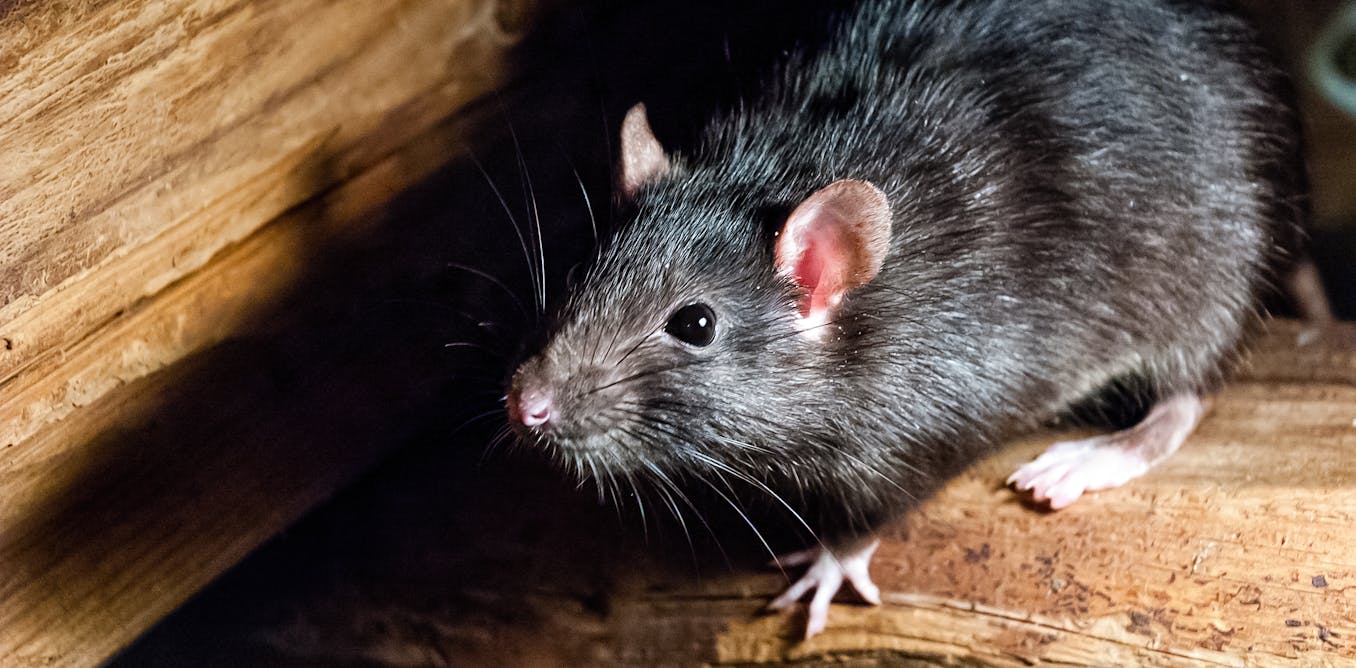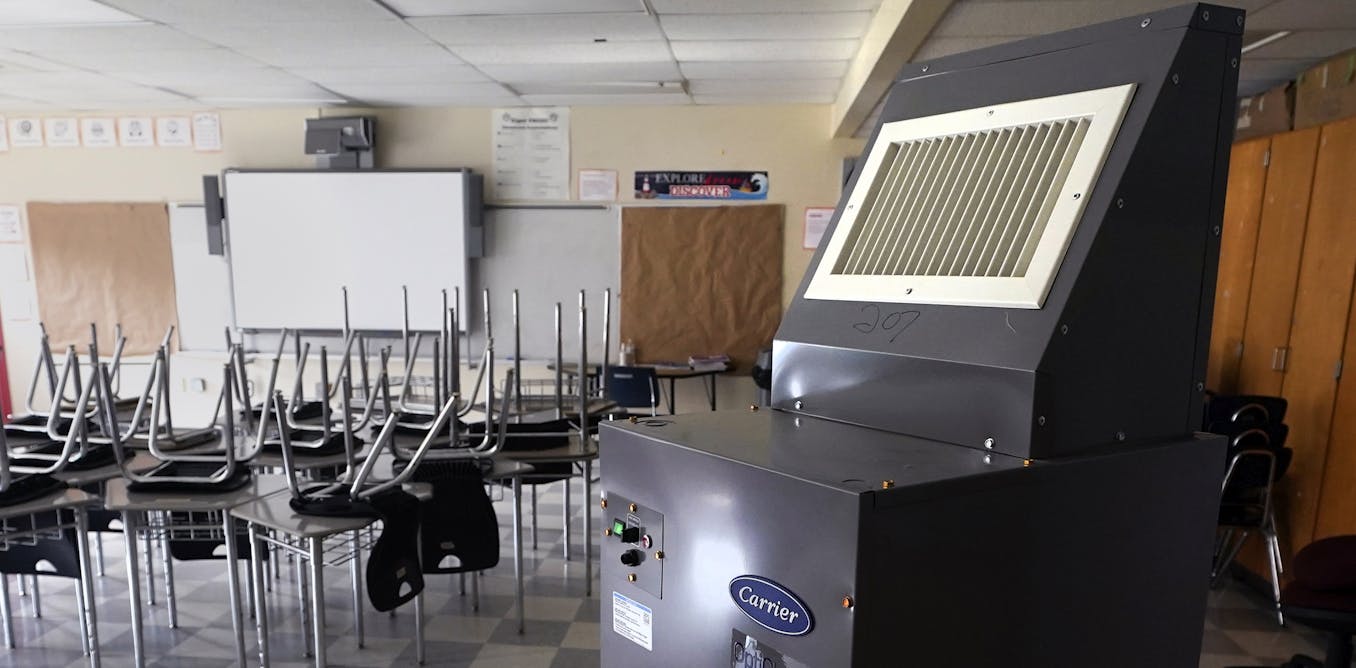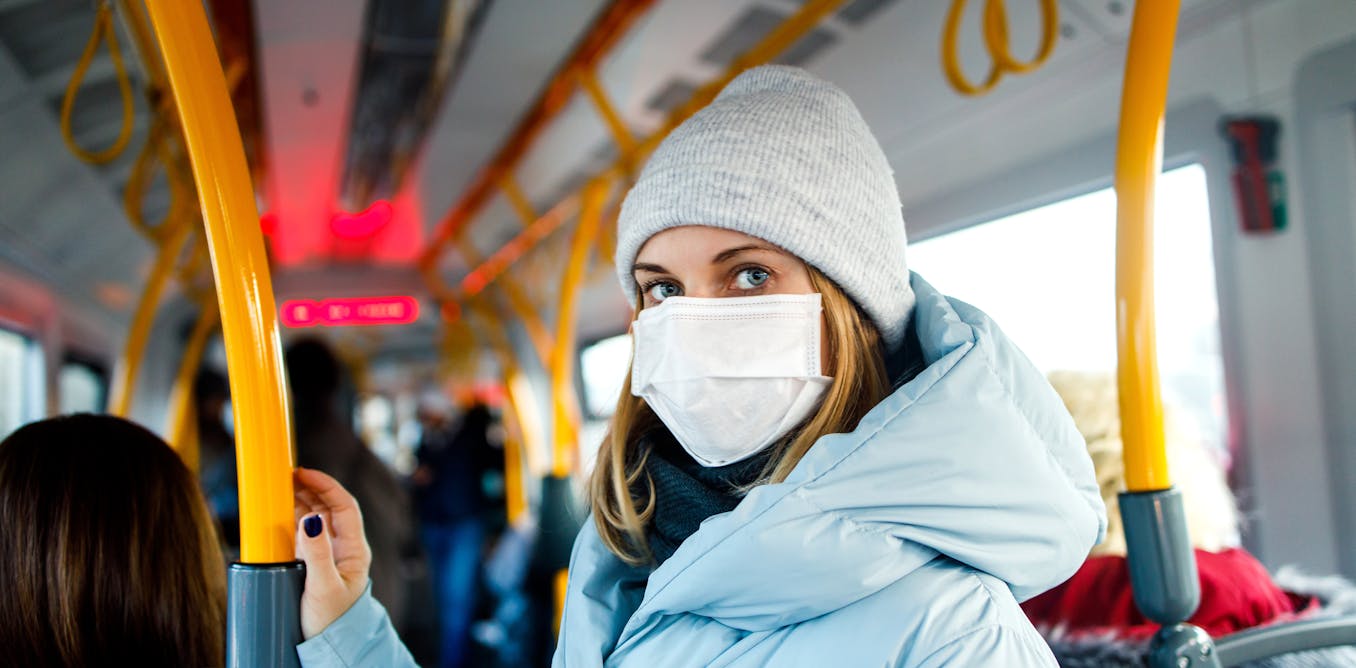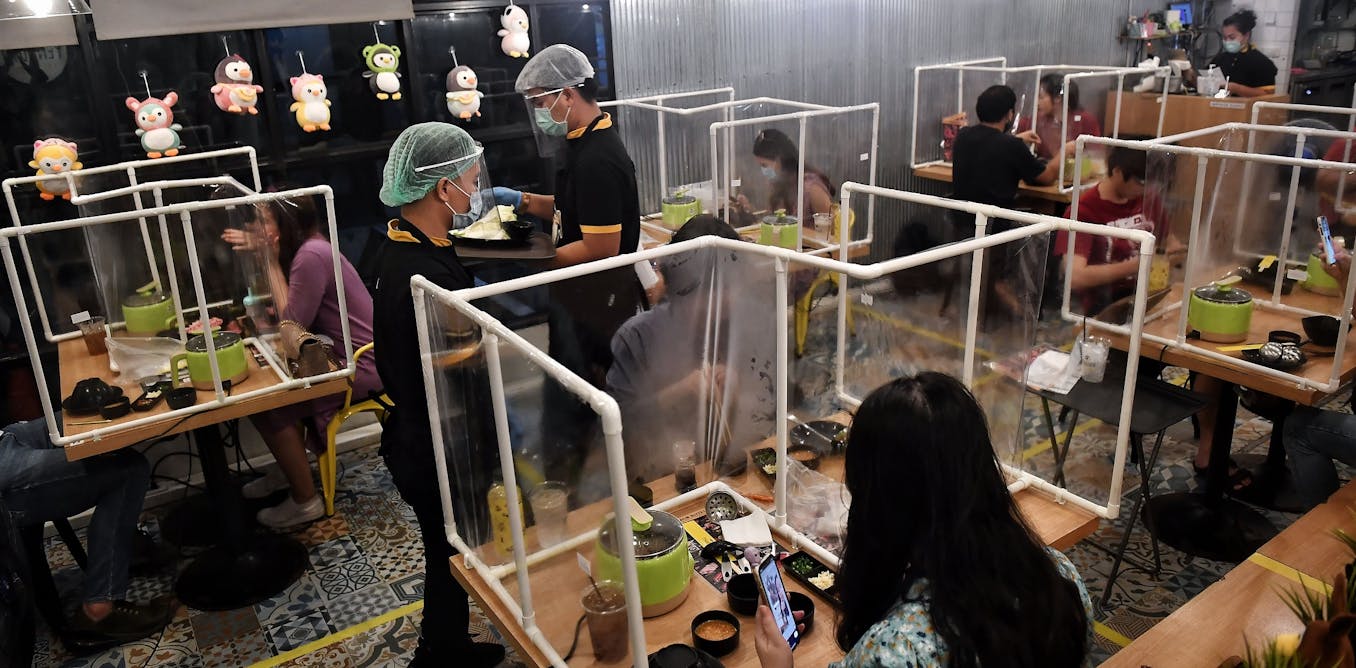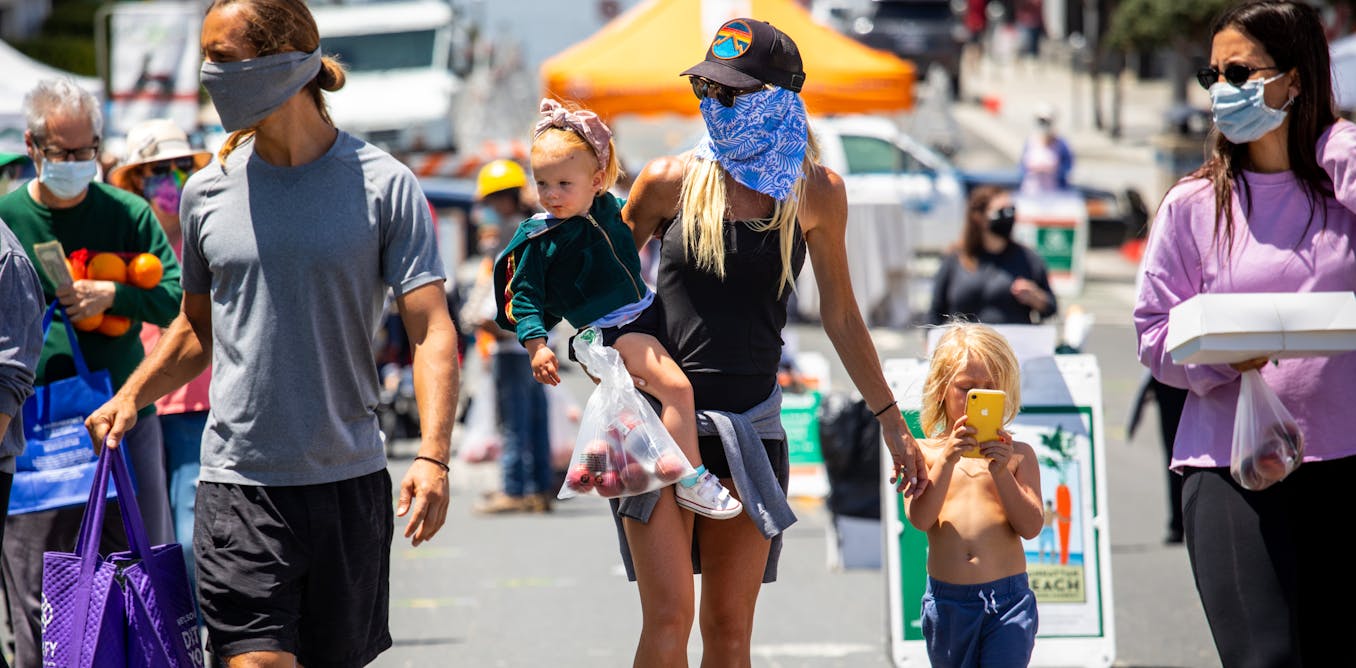Disinfectants and cleaning products harboring toxic chemicals are widely used despite lack of screening for potential health hazards
Quaternary ammonium compounds, also known as QACs or quats, are commonly used antimicrobials also found in many household products. Soap and water may be a safer bet when cleaning surfaces.
May 9, 2023 • ~6 min


